Introduction
What is British culture? This is a question that many people ask when they think about the United Kingdom. British culture is a fascinating mix of history, traditions, modern influences, and diversity. It has evolved over centuries, shaped by monarchy, democracy, industrial revolutions, and global influences. Today, British culture is known for its politeness, love of tea, passion for sports, and deep-rooted traditions that make the UK unique.
One of the most significant aspects of British culture is its celebrations and traditions. British holidays and festivals play a crucial role in uniting people, marking historical events, and celebrating seasonal changes. Whether it’s Christmas, Bonfire Night, or the Royal events, these holidays are deeply ingrained in British life.
In this guide, we will explore the essence of British culture, including its history, social customs, food, arts, sports, and most importantly, its famous British holidays and festivals.
The History and Evolution of British Culture
British culture has been shaped by a long and complex history. From the Celtic and Roman influences to the medieval monarchy and the British Empire, each era has left a mark on the country’s identity. The Industrial Revolution in the 18th and 19th centuries transformed the UK into a global power, bringing economic prosperity and cultural shifts.
The influence of British holidays and festivals can be traced back to these historical periods. Many traditional celebrations, such as Christmas and Easter, have roots in religious customs, while others, like Bonfire Night and Remembrance Day, are linked to historical events.
Today, British culture continues to evolve, blending old traditions with modern multicultural influences. The UK’s diversity has enriched its cultural landscape, introducing new festivals and customs that reflect its multi-ethnic society.
British Social Norms and Etiquette
British people are often stereotyped as polite, reserved, and lovers of tea. While not every Brit fits this stereotype, politeness is a key part of British culture. Saying “please,” “thank you,” and “sorry” are everyday habits.
Another important social custom is queueing. The British take their queues seriously, whether at a bus stop, a supermarket, or a music festival. Jumping the queue is considered rude and unacceptable.
British humor is another defining trait. It is often sarcastic, dry, and self-deprecating. Many British TV shows, such as The Office and Fawlty Towers, showcase this unique sense of humor.
During British holidays and festivals, social etiquette becomes even more important. For example, at Christmas, exchanging gifts and sending cards is expected, while at Remembrance Day services, maintaining silence during the two-minute tribute is a sign of respect.
Food and Drink in British Culture
British cuisine is a blend of traditional dishes and multicultural influences. Some of the most iconic British foods include:
- Fish and Chips – A classic dish, often eaten by the seaside.
- Full English Breakfast – A hearty meal with eggs, bacon, sausage, beans, and toast.
- Sunday Roast – A traditional meal with roast meat, potatoes, Yorkshire pudding, and vegetables.
Tea plays a central role in British culture. Afternoon Tea, introduced in the 19th century, remains a cherished tradition. Pubs are also a significant part of British life, serving as social hubs where people gather to relax and chat over a pint of beer.
Many British holidays and festivals have special foods associated with them. For example, at Christmas, people enjoy mince pies and Christmas pudding, while on Pancake Day (Shrove Tuesday), it is customary to eat pancakes before the start of Lent.
British Holidays and Festivals
One of the most important aspects of British culture is its British holidays and festivals. These events bring people together, celebrate national pride, and mark historical and religious occasions. Below are some of the most significant holidays in the UK:
1. New Year’s Eve & New Year’s Day (31st December – 1st January)
The UK welcomes the New Year with fireworks, parties, and gatherings. London’s New Year’s Eve fireworks display along the River Thames is one of the most famous celebrations. Many people make New Year’s resolutions and watch the traditional countdown on TV.
2. Burns Night (25th January – Scotland)
Burns Night is a Scottish tradition honoring poet Robert Burns. It involves a special supper featuring haggis, neeps (turnips), and tatties (potatoes). People recite Burns’ poetry and toast with whisky.
3. Valentine’s Day (14th February)
Although not unique to the UK, Valentine’s Day is widely celebrated with romantic dinners, cards, and gifts.
4. Pancake Day (Shrove Tuesday – February/March, date varies)
Pancake Day is a fun tradition where people eat pancakes before the start of Lent. Many towns hold pancake races, where participants run while flipping pancakes in a frying pan.
5. St. Patrick’s Day (17th March – Northern Ireland & Irish Communities)
Celebrated mainly in Northern Ireland and among Irish communities in Britain, St. Patrick’s Day features parades, traditional Irish music, and a lot of Guinness!
6. Easter (March/April, date varies)
Easter is a religious festival marking the resurrection of Jesus Christ. British Easter traditions include Easter egg hunts, eating chocolate eggs, and enjoying hot cross buns. Many people also attend church services.
7. St. George’s Day (23rd April – England)
St. George is the patron saint of England, but St. George’s Day is not as widely celebrated as other national days. Some places hold parades, and traditional English folk music and Morris dancing are performed.
8. May Day (First Monday in May)
May Day is an ancient festival celebrating the arrival of spring. Traditional activities include Morris dancing and the Maypole dance, where children weave ribbons around a pole.
9. The Queen’s Official Birthday (June, date varies)
Although the UK monarch’s actual birthday varies, the official celebration includes the grand Trooping the Colour parade in London.
10. Bonfire Night (5th November)
Also known as Guy Fawkes Night, Bonfire Night commemorates the failed Gunpowder Plot of 1605. People light bonfires, burn effigies of Guy Fawkes, and watch spectacular fireworks displays.
11. Remembrance Day (11th November)
This solemn day honors those who died in World War I and other conflicts. People wear poppies, and a two-minute silence is observed at 11 am.
12. Christmas (25th December) & Boxing Day (26th December)
Christmas is the biggest holiday in the UK. Families exchange gifts, decorate Christmas trees, and enjoy a festive meal with turkey and Christmas pudding. The next day, Boxing Day, is a bank holiday known for shopping sales and sporting events.
These British holidays and festivals reflect the country’s deep-rooted traditions, religious history, and national pride.
Conclusion
So, what is British culture? It is a rich and evolving mix of traditions, history, etiquette, and modern influences. From politeness and tea-drinking to iconic literature and world-famous festivals, British culture has something unique to offer.
British holidays and festivals are a major part of this cultural identity, bringing people together to celebrate history, religion, and seasonal changes. Whether you are visiting the UK or living there, experiencing these celebrations is a great way to understand British culture firsthand.
If you want to explore British culture further, start by attending a local festival, visiting a historic pub, or simply enjoying a cup of tea while watching a classic British TV show. You’ll soon discover what makes British culture so specia Read more
FAQs
1: What are the most popular British holidays and festivals celebrated in the UK?
The UK is known for its rich cultural heritage, and British holidays and festivals play a significant role in shaping the nation’s traditions. Some of the most popular celebrations include Christmas, Easter, Bonfire Night, and New Year’s Eve. Christmas is widely celebrated with festive decorations, gift exchanges, and traditional feasts, while Bonfire Night is marked with fireworks and bonfires across the country. Additionally, St. Patrick’s Day, St. George’s Day, and Remembrance Day hold historical and cultural importance in British society. Each of these holidays reflects different aspects of the UK’s diverse history and customs.
2: Why is Bonfire Night celebrated in the UK?
Bonfire Night, also known as Guy Fawkes Night, is one of the most unique British holidays and festivals, observed every year on November 5th. It commemorates the failed Gunpowder Plot of 1605, where Guy Fawkes and his conspirators attempted to blow up the Houses of Parliament. To celebrate the survival of King James I, people across the UK light bonfires, set off fireworks, and burn effigies of Guy Fawkes. The tradition has been kept alive for centuries, making it an iconic event that combines history, spectacle, and community gatherings.
3: How do people celebrate Christmas in the UK?
Christmas is the biggest holiday in the UK, filled with joyful traditions and festivities. As part of British holidays and festivals, Christmas is celebrated on December 25th, with families coming together to exchange gifts, enjoy a feast, and decorate their homes with Christmas trees and lights. Traditional foods such as roast turkey, mince pies, and Christmas pudding are enjoyed, and many families watch the Queen’s (or now, the King’s) Christmas speech on television. The holiday season also includes Christmas markets, carol singing, and festive light displays in cities like London, Edinburgh, and Manchester.
4: What is the significance of Boxing Day in the UK?
Boxing Day, celebrated on December 26th, is an extension of the Christmas festivities and is a public holiday in the UK. Traditionally, it was a day when servants and tradespeople received gifts, known as Christmas boxes, from their employers. Today, it is one of the most anticipated British holidays and festivals, marked by major shopping sales, sporting events such as football matches and horse racing, and spending time with family and friends. Many people also use the day to give to charity or volunteer in their communities.
5: What are the traditional foods eaten during British holidays and festivals?
Food plays a crucial role in British holidays and festivals, with each celebration having its own traditional dishes. During Christmas, people enjoy roast turkey, stuffing, and Christmas pudding. Easter is associated with hot cross buns and chocolate eggs. On Bonfire Night, snacks like toffee apples, parkin cake, and jacket potatoes are popular. Pancake Day (Shrove Tuesday) is another well-known food tradition, where families make and flip pancakes before the start of Lent. Food traditions help preserve the cultural significance of these festivals, bringing families and communities together.
6: What are some lesser-known British holidays and festivals?
Apart from major holidays like Christmas and Easter, the UK is home to many lesser-known British holidays and festivals that celebrate local traditions and customs. May Day is a spring festival featuring Maypole dancing and Morris dancing, symbolizing fertility and renewal. Burns Night (January 25th) is a Scottish tradition honoring poet Robert Burns with poetry readings and a traditional haggis supper. Up Helly Aa in Scotland is a Viking-inspired fire festival, while Glastonbury Festival is a world-famous music event that attracts artists and audiences from across the globe. These unique celebrations showcase the UK’s rich and diverse cultural heritage.
7: How do British people celebrate Easter?
Easter is one of the most important religious British holidays and festivals, celebrated in March or April. It marks the resurrection of Jesus Christ and is observed with church services, Easter egg hunts, and family gatherings. Traditional Easter foods include hot cross buns and chocolate eggs, symbolizing renewal and rebirth. Many towns and villages hold parades and fairs, while families enjoy a festive meal together. The Easter Bank Holiday weekend is also a popular time for travel and short breaks.
8: What are the national days of the UK, and how are they celebrated?
Each country within the UK has its own national day, celebrated in different ways:
- St. George’s Day (April 23rd) – England’s national day, marked with parades, traditional English music, and celebrations in some communities.
- St. Andrew’s Day (November 30th) – Scotland’s national day, featuring ceilidh dancing, Scottish food, and cultural events.
- St. David’s Day (March 1st) – Wales’ national day, celebrated with parades, daffodils, and traditional Welsh music.
- St. Patrick’s Day (March 17th) – Northern Ireland’s national day, with large parades, music, and Irish-themed celebrations.
While these days are not official public holidays (except in Scotland for St. Andrew’s Day), they play a key role in preserving national identity within the UK.
9: What is Remembrance Day, and why is it important?
Remembrance Day, observed on November 11th, is one of the most solemn British holidays and festivals, honoring the soldiers who died in World War I and subsequent conflicts. The day is marked by a two-minute silence at 11 am, wreath-laying ceremonies at war memorials, and the wearing of red poppies as a symbol of remembrance. The Royal British Legion’s Poppy Appeal raises funds to support veterans and their families. A major service is held at the Cenotaph in London, attended by the Royal Family and political leaders.
10: What are some famous music and cultural festivals in the UK?
The UK is home to some of the most renowned British holidays and festivals that celebrate music, art, and culture. Some of the biggest events include:
- Glastonbury Festival – The largest music festival in the UK, featuring world-famous artists.
- Edinburgh Festival Fringe – The world’s biggest arts festival, showcasing comedy, theatre, and music.
- Notting Hill Carnival – A vibrant Caribbean-inspired street festival in London, held every August.
- Hay Festival – A literary festival celebrating books and writers in Hay-on-Wye, Wales.
- Royal Ascot – A prestigious horse-racing event attended by the British Royal Family.
These festivals attract millions of visitors each year, making them an essential part of the UK’s cultural landscape.
Conclusion
The UK has a rich calendar of British holidays and festivals, ranging from historical and religious celebrations to cultural and music festivals. Whether it’s the joy of Christmas, the excitement of Bonfire Night, or the unique traditions of local festivals, these events bring people together and highlight the nation’s heritage. By understanding and participating in these traditions, visitors and locals alike can truly appreciate the essence of British culture.




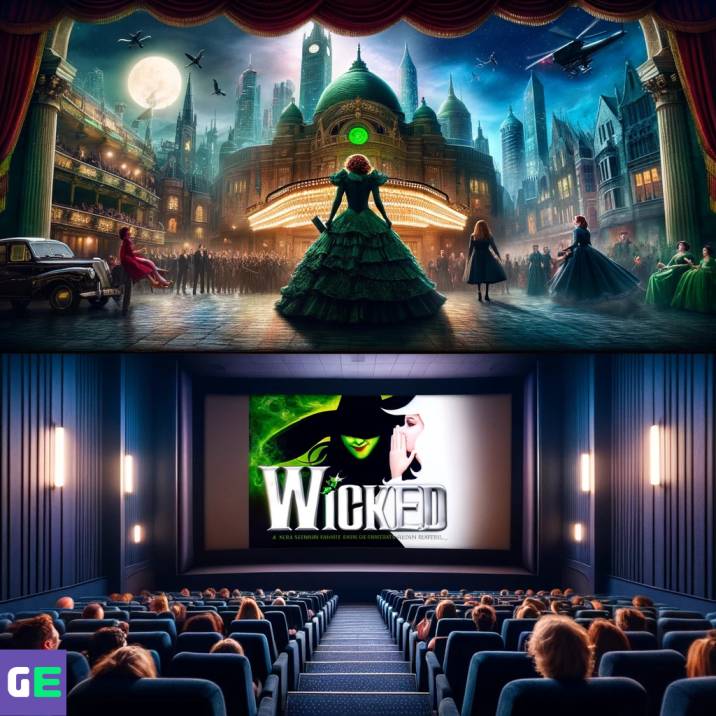

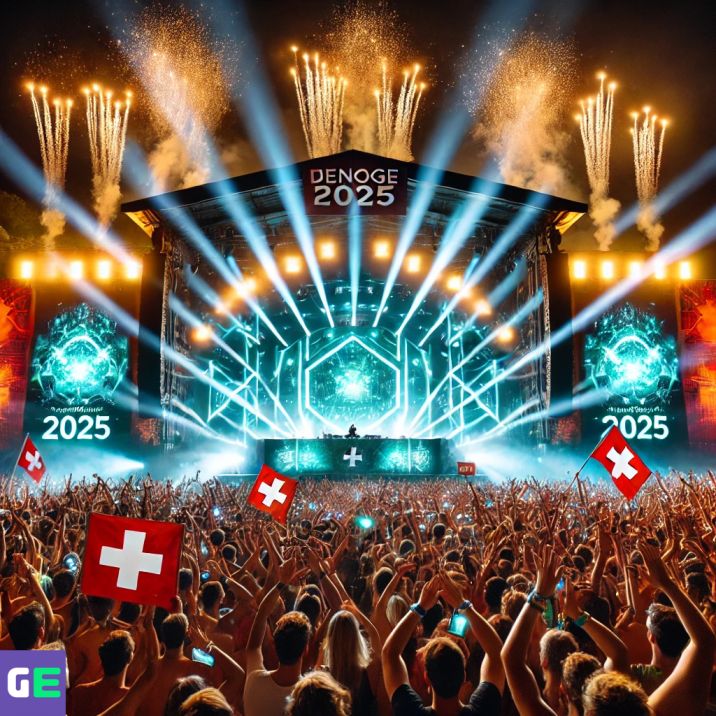

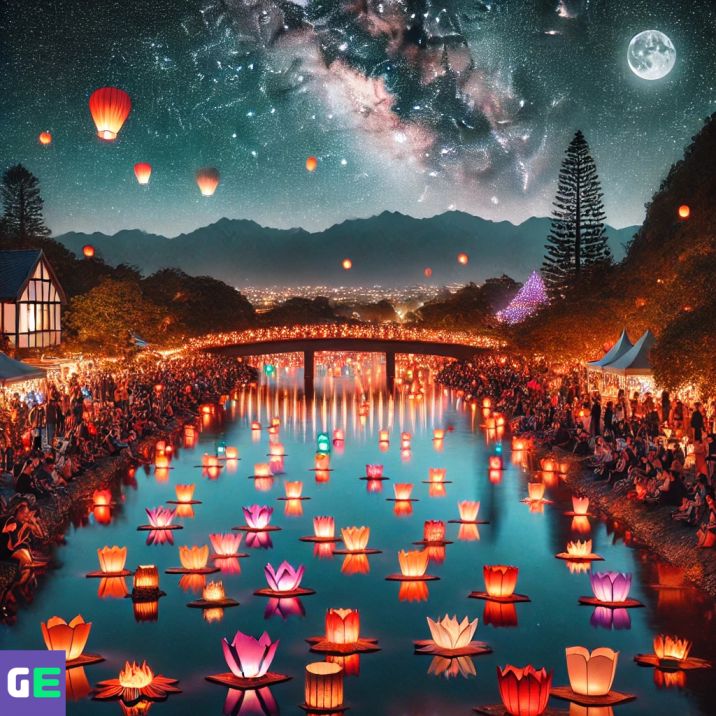
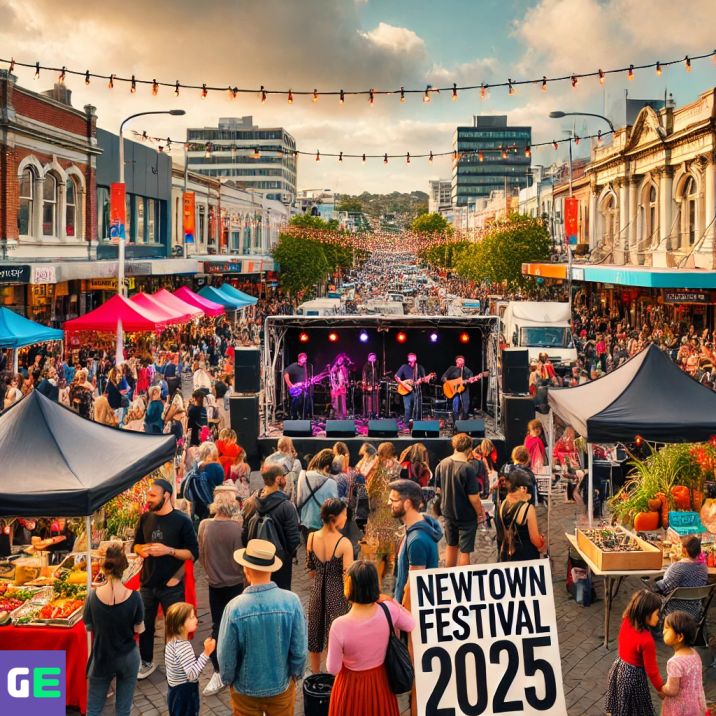


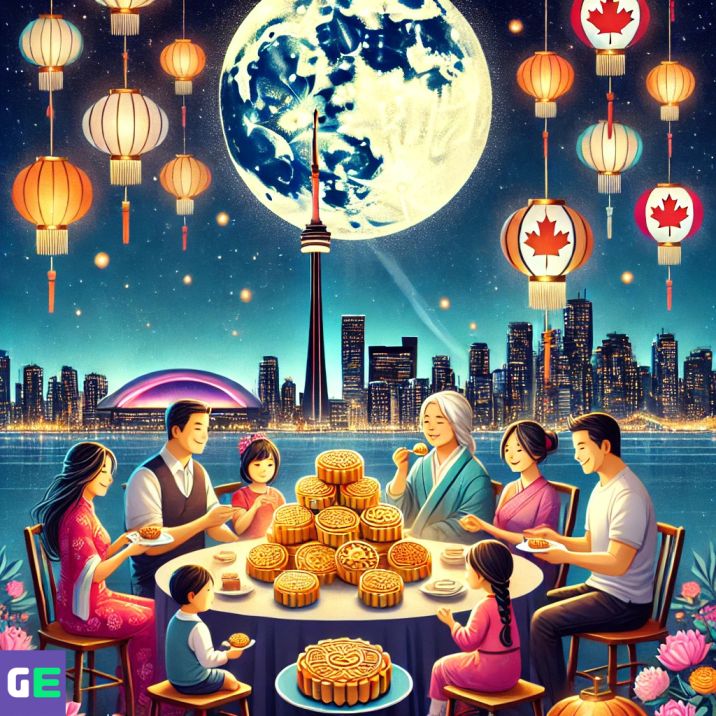
Leave a Reply